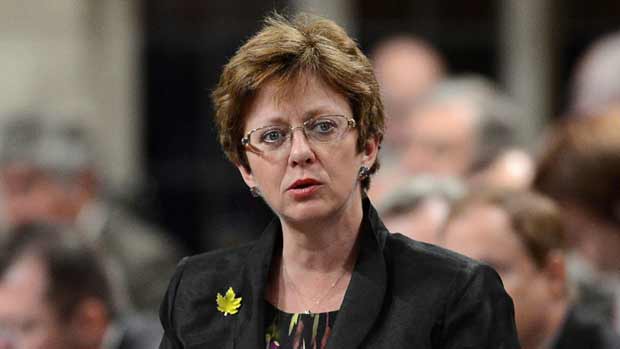
EI Reforms Go Too Far
As part of the federal budget, Finance Minister Jim Flaherty decided to take a strong stance on EI, making it harder to get and forcing families to split and lose everything in order to get whatever job is available outside their region. Let’s remind Flaherty of how the system really works and why he really has no right to touch it – at all.
With every paycheck that is handed out to employers and employees a lump sum of cash is automatically deducted. One part of it is taxes and another part is Employment Insurance. Employment Insurance puts a worker’s money aside for a rainy day, ensuring that should they ever lose their job, they would always have a point of return. No Flaherty, it is not something that you can tax – as you did – or claim as tax revenue – as you did when you decided to reform the system.
Now that we have a clear visual of our EI insurance system, and I must stress insurance, what kind of just argument, morally, is it to tell a worker that has been laid off and looking for work in his field that he must sell his home and belongings, or abandon his family, to find a job – regardless of what is available? More and more seniors are ending their days in poverty and the raising of the retirement age just adds another painful blow to those who are crawling through their last years of life.
Considering that we all work and pay taxes and pay into our employment insurance, what right does the government have to fiddle with it? Considering that we all put money aside into our own retirements, what right does the government have to interfere with that?
Given the bleak future of retirement where seniors are told by our system to get rid of everything they’ve worked for in order to get dismal assistance, what is the point of working long and hard all these years? Or perhaps are we working in the wrong country?




